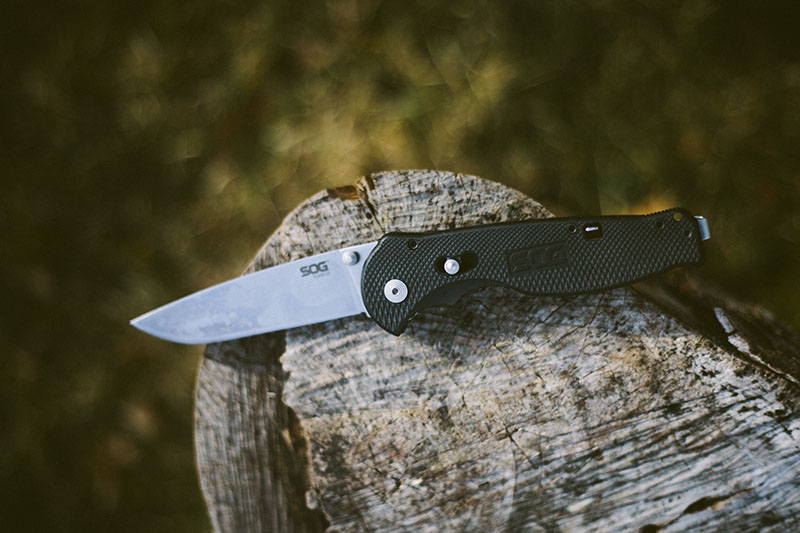In the world of kitchen knives, every detail counts. From the edge of the blade to the material of the handle, each component plays a crucial role in the overall performance and longevity of the knife. Among these components, the pivot system is often overlooked, yet it is one of the most critical elements of folding knives. For kitchen professionals, understanding the distinctions between washer vs bearing pivots can significantly impact their choice of knives and, ultimately, their culinary creations.
When it comes to the mechanics of folding knives, the pivot system determines how smoothly the blade opens and closes. This mechanism is especially important in the kitchen, where efficiency and precision are paramount. So, what exactly are the differences between washers and bearings, and how do they affect the performance of your knife?

Understanding Washer Pivots
Washer pivots are typically made of materials like bronze, Teflon, or phosphor bronze. They are flat discs that sit between the blade and handle, reducing friction and allowing the blade to rotate smoothly. Washer pivots are known for their durability and reliability, making them a popular choice among many knife enthusiasts.
One of the significant advantages of washer pivots is their simplicity. They require less maintenance compared to bearing pivots and are less prone to collecting debris, which can hinder performance. This makes them particularly appealing for kitchen professionals who demand consistency and minimal upkeep. Learn more about types of folding knives.
Exploring Bearing Pivots
Bearing pivots, on the other hand, use small ball bearings to facilitate the opening and closing of the knife blade. These bearings are often housed in a raceway and provide an exceptionally smooth and quick action. For many, the allure of bearing pivots lies in their seamless operation and quick deployment.
However, bearing pivots require more maintenance than washer pivots. The tiny bearings can attract dirt and grime, necessitating regular cleaning to maintain optimal performance. For kitchen professionals, this means committing to a routine cleaning schedule to ensure the knife's functionality. For those interested in the art of knife maintenance, check out this guide on knife care.
Performance in the Kitchen
In a professional kitchen setting, the choice between washer and bearing pivots can influence the efficiency and precision of your work. Washer pivots offer reliable performance with less need for constant maintenance, making them ideal for high-volume environments where time is of the essence. Their robust construction ensures that they can withstand the rigors of daily use.
Conversely, bearing pivots provide a smoothness that is unmatched, which can be advantageous in tasks requiring swift blade deployment. However, the need for regular upkeep may be a deterrent for some kitchen professionals. It's essential to weigh the benefits of each pivot type against your specific needs and work environment. For more on knife options, explore this article about knife coatings.
Making the Right Choice
Ultimately, the decision between washer and bearing pivots should be based on personal preference and the specific demands of your kitchen. Both systems have their unique advantages and drawbacks, and understanding these can help you make an informed choice. If you're still uncertain, consider consulting with other kitchen professionals or experimenting with both types to see which suits your style best.
For those interested in further exploring the differences and advantages of folding knives, visit this resource for more insights.

FAQs
What are the main differences between washer and bearing pivots?
Washer pivots are typically more durable and require less maintenance, while bearing pivots offer smoother operation but need regular cleaning.
Which pivot type is best for high-volume kitchen environments?
Washer pivots are generally better suited for high-volume environments due to their durability and lower maintenance needs.
How often should bearing pivots be cleaned?
Bearing pivots should be cleaned regularly, especially in environments where they may collect dirt and debris, to ensure optimal performance.
This article contains affiliate links. We may earn a commission at no extra cost to you.


























